In a few years, farm robots will be something many of us wondered how we…
Seaweed to reduce methane emissions
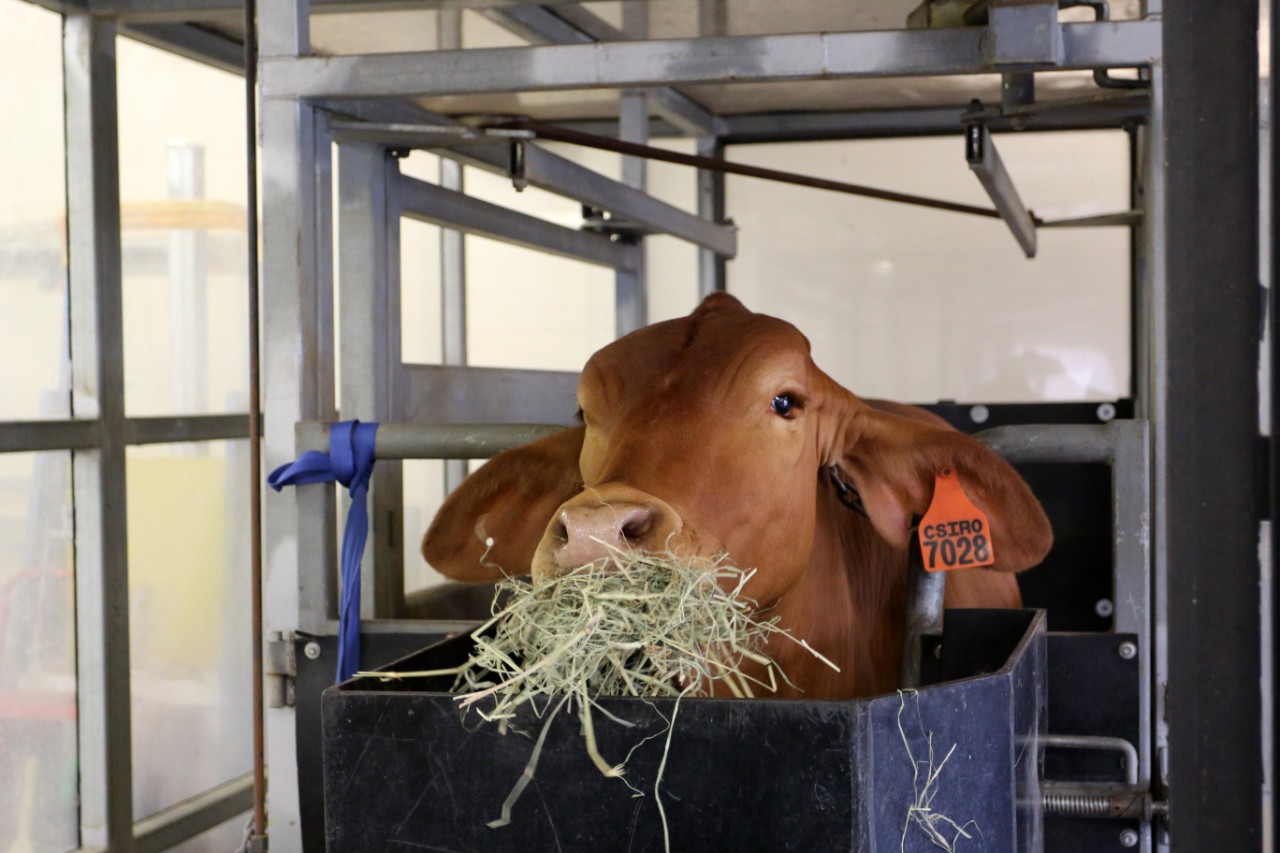
Australia’s national science agency, CSIRO, has formed a new company to commercialise seaweed to reduce methane in a feed supplement for beef and dairy cattle.
The company, FutureFeed Pty Ltd, has secured $13 million in funding from five investors including the CSIRO, AGP Sustainable Real Assets–Sparklabs Cultiv8 joint venture, GrainCorp, Harvest Road and Woolworths.
FutureFeed will be commercialising the stock feed supplement which is made from the seaweed, Asparagopsis.
The CSIRO says research trials in the USA and Australia have shown that using this additive reduces methane emissions in beef and dairy cattle by more than 80 per cent.
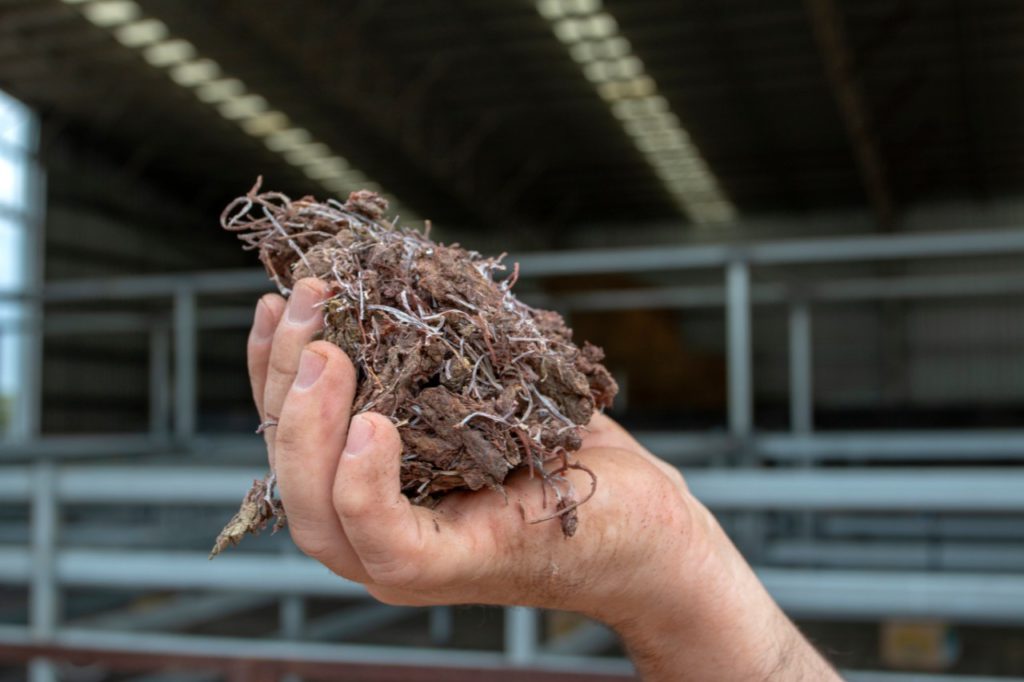
This will involve developing a full value chain for the livestock feed supplement, from seaweed cultivation and production through to processing and feed manufacture to supply beef and dairy industries globally.
Federal Industry, Science and Technology Minister, Karen Andrews, said the initiative was a win-win for livestock production and the environment.
�This is a game-changer � not only for livestock production, but also for our environment � with the potential to create an entirely new industry, while supporting jobs in the Australian agriculture sector.
Federal Industry, Science and Technology Minister Karen Andrews
�This is an example of what can be achieved when industry and researchers work together to solve real-world problems,” she said.
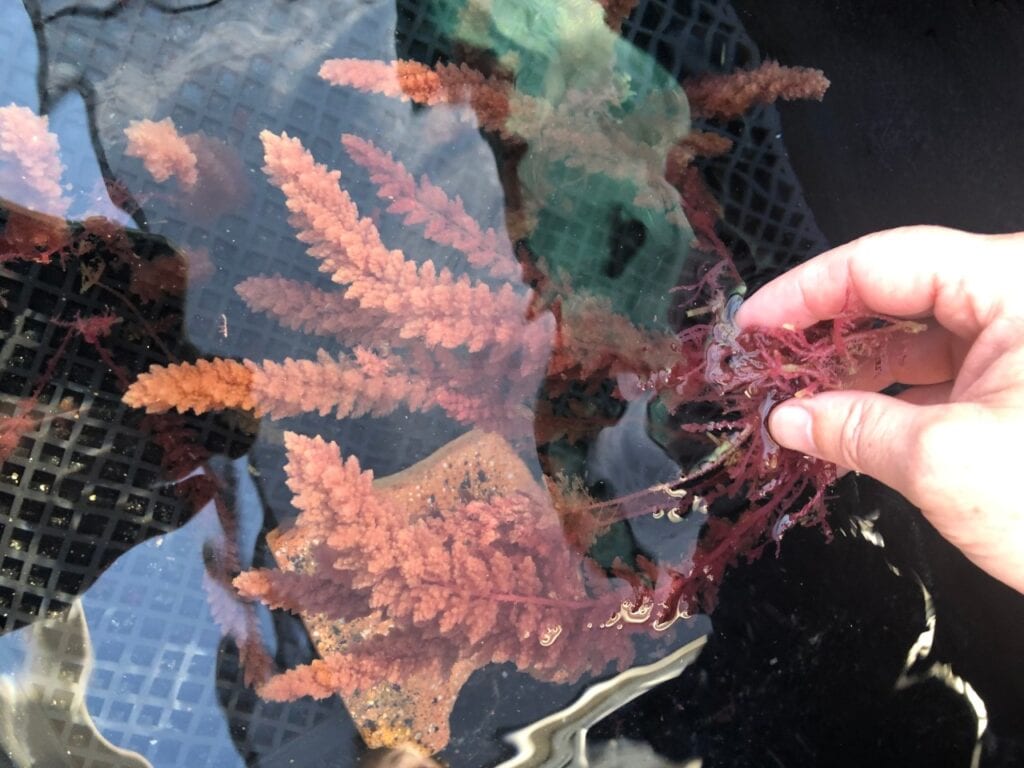
FutureFeed expects the additive will be supplied into the Australian beef and dairy market by mid-2021, with international markets to follow.
Science solves the seemingly unsolvable: seaweed to reduce methane
CSIRO Chief Executive Dr Larry Marshall said FutureFeed will go a long way to helping overcome negative environmental perceptions of the cattle industry.
�FutureFeed enables agriculture and the environment to be partners not competitors, helps overcome negative perceptions of the cattle industry, and gives Australian farmers an advantage in the global marketplace as first adopters of this Aussie innovation.
CSIRO Chief Executive Dr Larry Marshall
�FutureFeed is addressing some of the greatest challenges we face, including food security, sustainable production and climate change, by turning science into a real product in the hands of business so they can turn it into jobs and economic growth.”
Productivity gains
The supplement not only reduces emissions of beef and dairy cattle, but also improves productivity.
The CSIRO says the supplement has been developed and trialled over more than five years by CSIRO in collaboration with Meat & Livestock Australia and James Cook University.
CSIRO scientists estimate that if the feed additive were to be adopted by 10 per cent of beef feedlots and dairy industries globally, this could reduce livestock industry greenhouse gas emissions by approximately 120 megatonnes per year, equivalent to taking 50 million cars off the road for a year.
The company will be exploring market options for greenhouse gas abatement payments for livestock producers that adopt the supplement.
FutureFeed Pty Ltd was formed after a competitive investment process designed to ensure a mix of investors with expertise across the livestock value chain encompassing aquaculture, feed supply, beef production and processing, and retail.




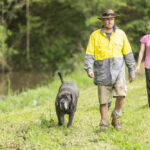

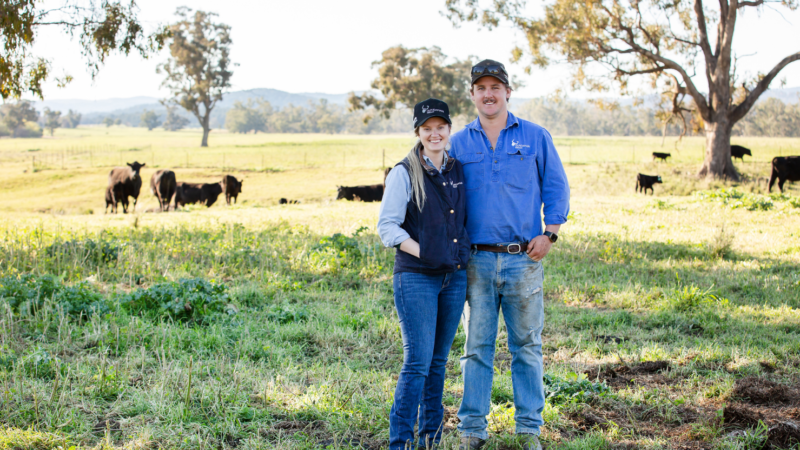
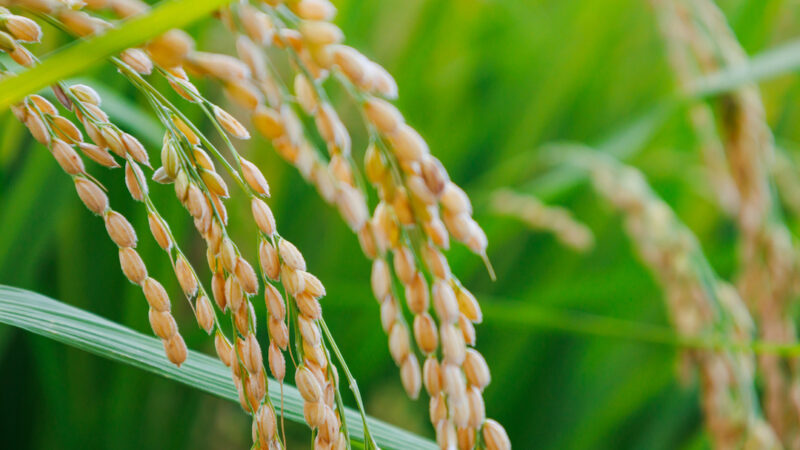
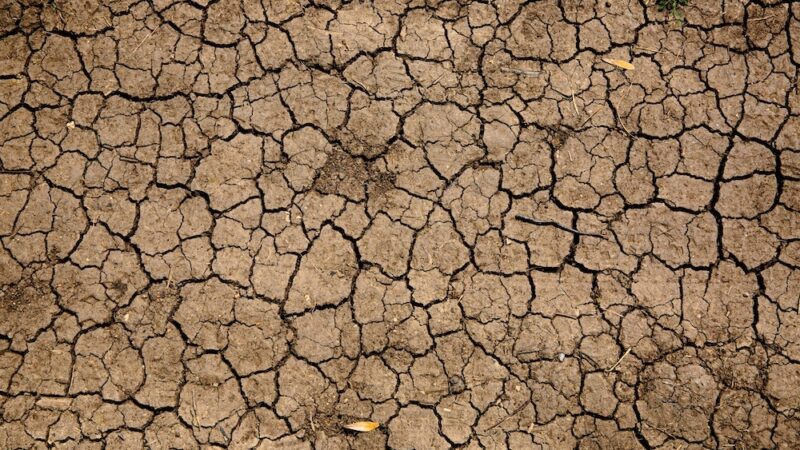
Texas A&M have been feeding Ascophyllum to cattle for decades….so its only new to Australia…….The first company to do the research was Acadian in Canada back in the 1970s so how l;ong does it take for Australia to finally catch onto something that does make a difference….
https://vivo.library.tamu.edu/vivo/display/n201330SE